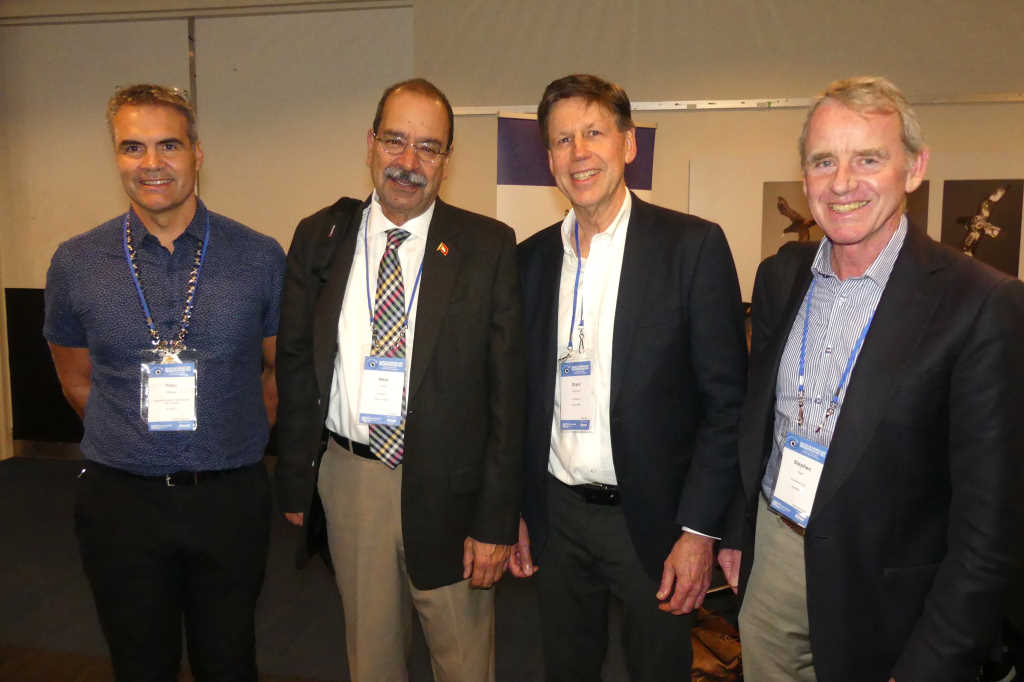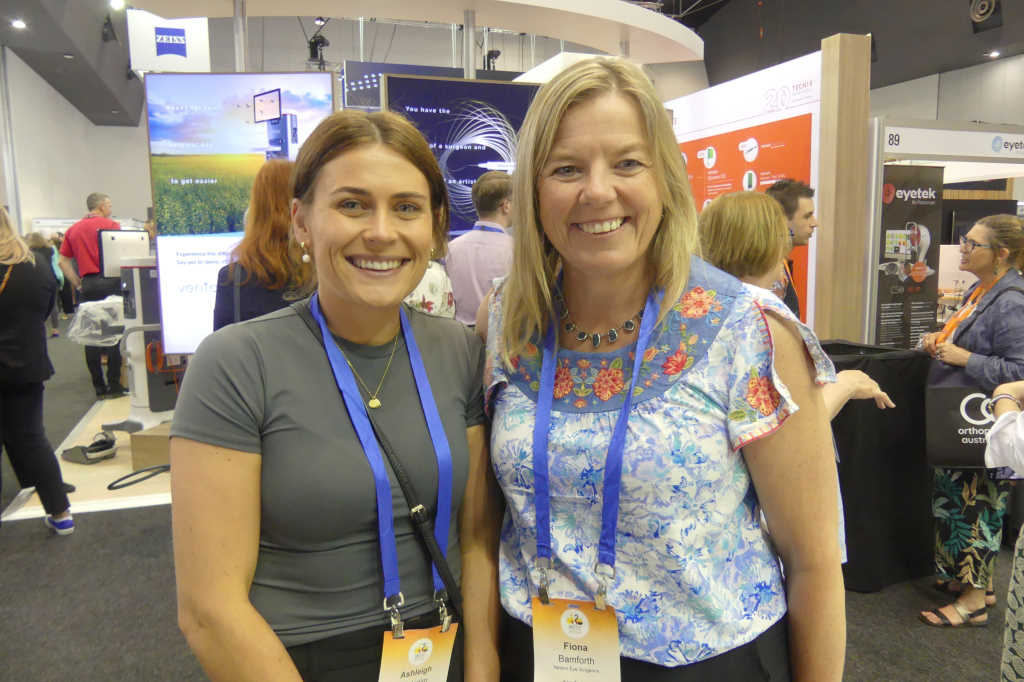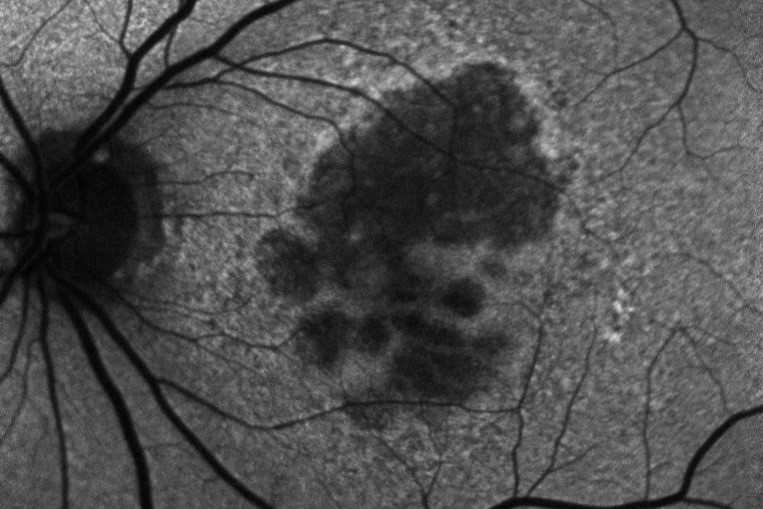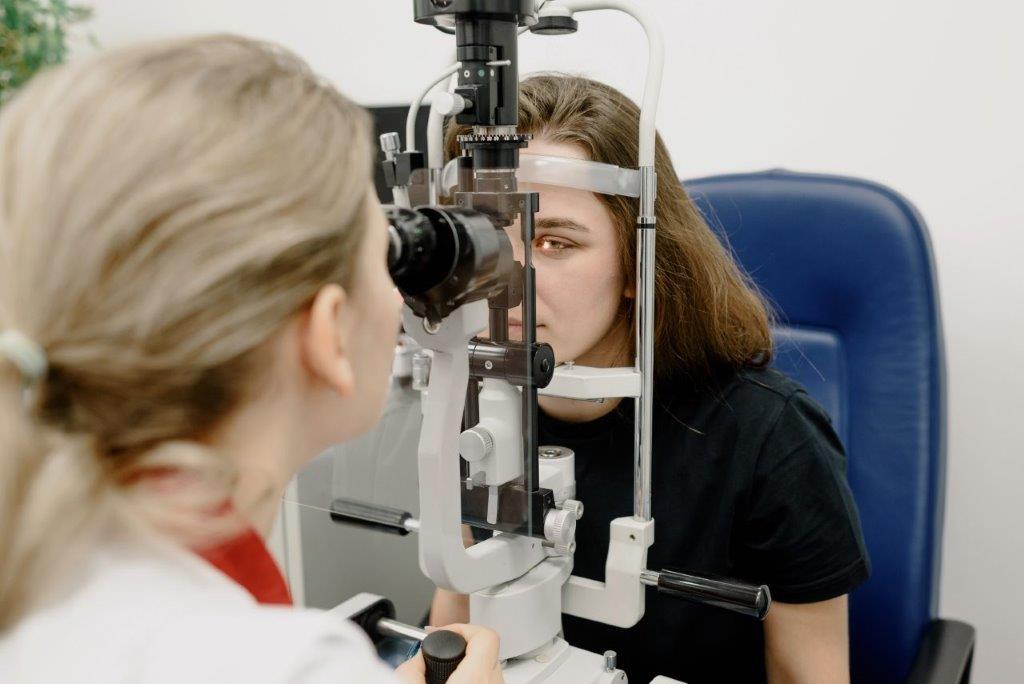RANZCO urges NZ fellows to ignore scope change
The Royal Australian and New Zealand College of Ophthalmologists (RANZCO) has written to its New Zealand members urging them not to train experienced hospital optometrists to do minor laser procedures, despite the scope change being legalised last year. The move is the latest in a series of attempts to stop the scope change by RANZCO’s board, after its complaint to overthrow the scope change was dismissed by the New Zealand Regulations Review Committee (RRC).
The letter reiterated the process from RANZCO’s point of view, stating it “effectively has resulted in optometrists granting themselves the right to perform ophthalmic laser surgery” and dismissing the ophthalmologist-led study, designed to help set detailed training and oversight parameters, as the “so-called pilot study”. It also restated its opposition on patient-safety grounds - a concern dismissed by the RRC and the Ministry of Health after reviewing the research supplied by the Optometrists and Dispensing Opticians Board (ODOB) supporting the scope-change application. In a letter responding to RANZCO’s objection to the scope change to the RRC, ODOB chair Kristine Hammond stated in the six-week consultation period, following the 10-month controlled pilot study and international research review, RANZCO was one of just a few submissions against the scope change, with the “vast majority” in favour of the specialist scope of practice.
The RANZCO letter, signed by former RANZCO NZ chair Dr Peter Hadden and current RANZCO president Dr Grant Raymond, also questioned the evidence justifying the need for the scope expansion in Aotearoa, despite stating the increasing pressures on the country’s ophthalmologists in its own, newly released ‘Vision 2030 and beyond, Aotearoa’ policy document. “RANZCO therefore counsels against facilitating non-ophthalmic, non-medical practitioners, including optometrists, performing ophthalmic surgical laser on any patient,” it said. “To do so would be counter to RANZCO’s stated position as it is against the patient’s interest and so undermines the standard of care which all fellows are expected to practice.”
When asked, among several other questions, what RANZCO would actually do to a New Zealand-based fellow who decided to ignore this directive, the current RANZCO NZ chair Dr Liz Insull replied in a statement, “RANZCO has maintained an established and consistent position with regards to expansions of scope of practice… This position was set out in the RANZCO submission to the RRC and has not changed.”
Ophthalmologists involved in the pilot study refused to comment. Others, who spoke to NZ Optics but didn't wish to be named, said they were “disappointed” with the letter, thought it was a waste of everyone’s time and on the whole disagreed with RANZCO’s stance, especially when it came to supporting regional and Māori patients, though one said there was currently little need for the scope change in Auckland. The New Zealand Association of Optometrists (NZAO) president Callum Milburn said the NZAO did not agree with RANZCO. “We are particularly disappointed for our affected ophthalmology and optometry colleagues who are doing the mahi of improving access and reducing inequity in the public health system of Aotearoa.” The NZAO was exploring how best it could support all New Zealand-based eyecare practitioners, he said. “New Zealand optometrists and ophthalmologists have a long history of pragmatic, helpful and collegial behaviour. We are optimistic that in the end a more workable solution will happen.”
The ODOB said it was seeking advice and wished to respond but were unable to do so by press time.



























